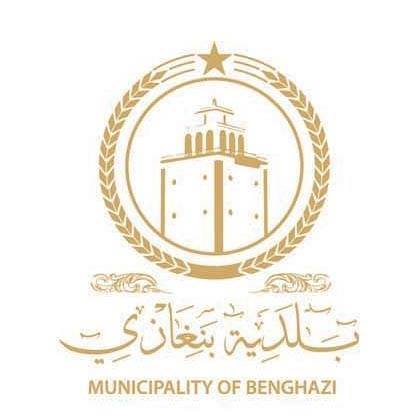By Sami Zaptia.

London, 21 December 2015:
The Central Bank of Libya (CBL) has reported that it has achieved further cuts across the . . .[restrict]board in state spending including in the annual budget deficit, in total spending, in state-sector salaries, in state subsidies and in foreign exchange usage.
Further to its financial report released on 22/10/15 for the third quarter, the CBL has revealed in its latest and third report up to 30/11/15 the following:
· A decrease in the budget deficit by 46 percent compared with same period in 2014
· A decrease in the budget deficit by 31 percent compared to the estimated budget for 2015.
· A decrease in total spending by 33 percent compared with the same period in 2014.
· A decrease in total spending by 22 percent compared to the estimated for 2015.
· A decrease in state-sector salaries by 22 percent compared to the same period in 2014
· A decrease in state-sector salaries by 5 percent compared to estimated budget for 2015
· A decrease in subsidies by 44 percent compared to same period in 2014
· Achievement of estimated amount for subsidies for 2015 budget.
The CBL said that the financial crises faced by the country requires the undertaking of necessary and decisive decisions in order to rectify the crises. This will be achieved by reaching consensus on safeguarding the unity and sovereignty of the nation and returning security and safety as well as immediately resuming oil production and exports.
It also called for the resumption of sovereign revenues such as taxes and customs duties, prudent public sector spending policies and limiting corruption. The CBL also called for protection of the value of the Libyan dinar in order to reduce its negative effect on citizens.
It will be recalled that the CBL had used strong language in its third quarter report warning of financial and economic ‘‘catastrophe’’ and ‘‘suicide’’ if no political consensus between the conflicting Libyan parties is reached.
It had further warned cryptically that it would ‘‘play its full role in cooperation with relevant parties in implementing solutions if the necessary political and security environment is not provided’’.
It will be noted that both sets of Libyan authorities based in Tripoli and the internationally recognized authorities based in Tobruk/Al-Beida had held a joint meeting in Amman Jordan 8-10 December together with the World Bank and IMF in order to revenue Libya’s latest finances and prepare for the 2016 budget.
Both sets of authorities had similarly held a joint meeting in Istanbul previously to prepare for the 2014 budget.
It is also worth noting that in reality no budget has been approved by the conflicting political authorities for 2015 and that the CBL has in practice been acting as Libya’s implementing financial authorities in the absence of political agreement by the conflicting parties. [/restrict]







